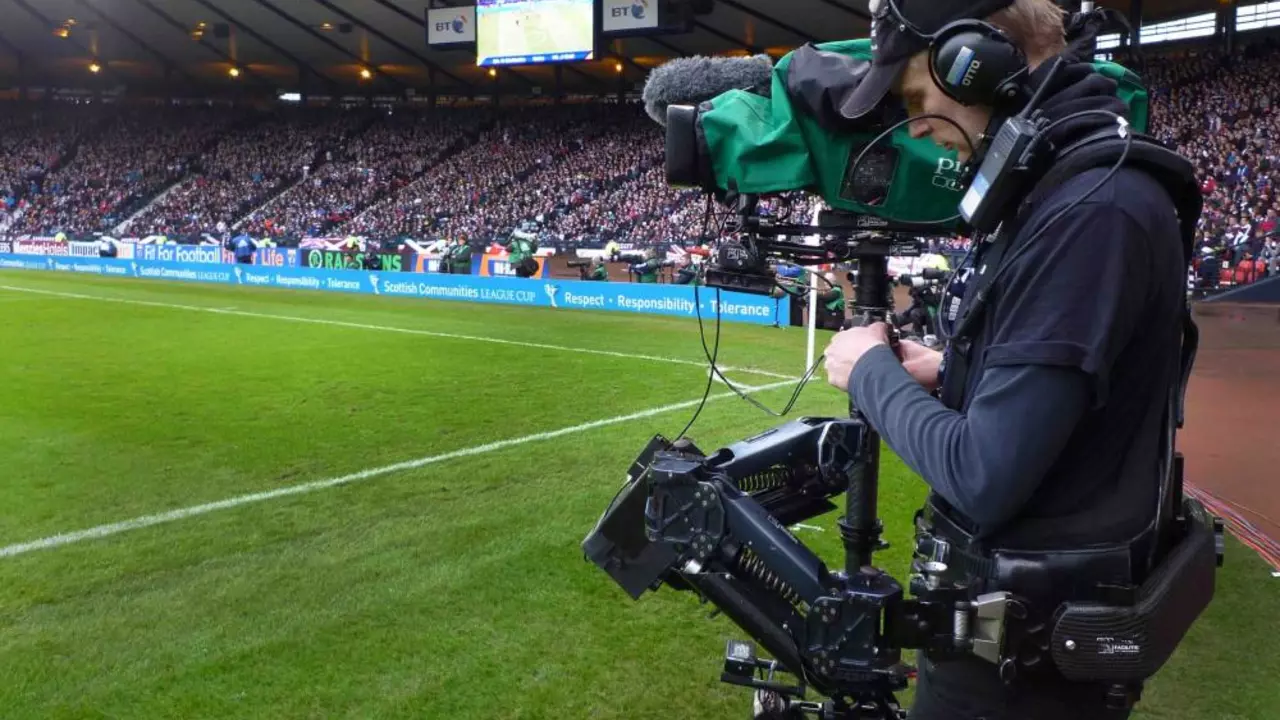How Long Do Soccer Events Actually Last?
If you’ve ever watched a game and wondered why the clock keeps ticking past 90 minutes, you’re not alone. Soccer has a few built‑in quirks that affect the total duration, and the same goes for qualifiers, tours and big tournaments. Below we break down the typical lengths you’ll see, using real examples from recent Euro Soccer Scoop stories.
Regular Match Time and Stoppage
A standard professional match lasts 90 minutes, split into two 45‑minute halves. After the 90 minutes, the referee adds "stoppage time" (sometimes called injury time) to make up for delays like injuries, substitutions or goal celebrations. That extra period can be anywhere from 1 to 5 minutes, and on rare occasions even longer if there’s a big interruption.
When a knockout game ends in a draw after regular time, most competitions go straight to extra time – two 15‑minute halves – followed by a penalty shoot‑out if needed. That pushes the total time to roughly 120 minutes plus the shoot‑out drama.
Qualifiers and Tournament Schedules
World Cup qualifying matches, like the recent Slovenia vs Sweden 2‑2 draw, follow the same 90‑plus stoppage format. However, the overall qualifying campaign spans months or even years, with each team playing several fixtures. For fans, this means the "duration" of a qualifying round can feel like a long season.
Major tournaments such as the UEFA Euro or the World Cup pack a lot into a short window. A typical tournament lasts about three weeks, with group stage matches every three to four days, then a knockout phase that intensifies the schedule. Players often play 4‑7 matches in that time, so the cumulative on‑field minutes add up quickly.
Concert Tours and Multi‑Day Events
Not everything on Euro Soccer Scoop is about football. The Weeknd’s Wembley Stadium run in August 2026 shows how event duration works outside the pitch. He added three extra nights, turning a two‑night stint into a five‑night showdown. Each night is a separate show, but the overall tour duration now covers five consecutive days.
When a music or sports event stretches over several days, organizers usually announce the start and end dates. Fans can then plan travel, tickets and accommodation around that timeline.
Practical Tips for Fans
Knowing the expected duration helps you plan your day. Arrive a bit early for a match to grab food and find your seat, but also expect the game to possibly run an hour longer than the scheduled 90 minutes. For multi‑day events, check the official schedule for any added dates – like The Weeknd’s extra Wembley nights – so you don’t miss a surprise addition.
Finally, keep an eye on the competition’s rules. Some leagues use a “golden goal” or skip extra time entirely, which changes how long a knockout game can go. Staying aware of these details makes sure you’re never caught off guard by a longer‑than‑expected event.
In short, a regular soccer match is 90 minutes plus stoppage, qualifiers stretch over months, tournaments condense many matches into a few weeks, and tours can add extra days at the last minute. Knowing these timelines lets you enjoy the action without the surprise of a never‑ending game.

How long is a football game on TV?
In my latest viewing experience, I've noticed that a football game on TV typically runs for about three hours. This includes four 15-minute quarters of actual playing time, but the clock stoppages, timeouts, halftime, and commercials lengthen the duration. Not to forget, the exciting pre-game and post-game analyses also add to the total time. So, if you're planning your day around a football game, make sure you've got a good chunk of your day set aside! It's not just a game, it's an event.
Read more